Protests erupt in Sindh against killing of doctor accused of blasphemy
Dr Shah Nawaz Kunbhar was shot dead by police in Mirpurkhas in an alleged encounter
News Desk
The News Desk provides timely and factual coverage of national and international events, with an emphasis on accuracy and clarity.
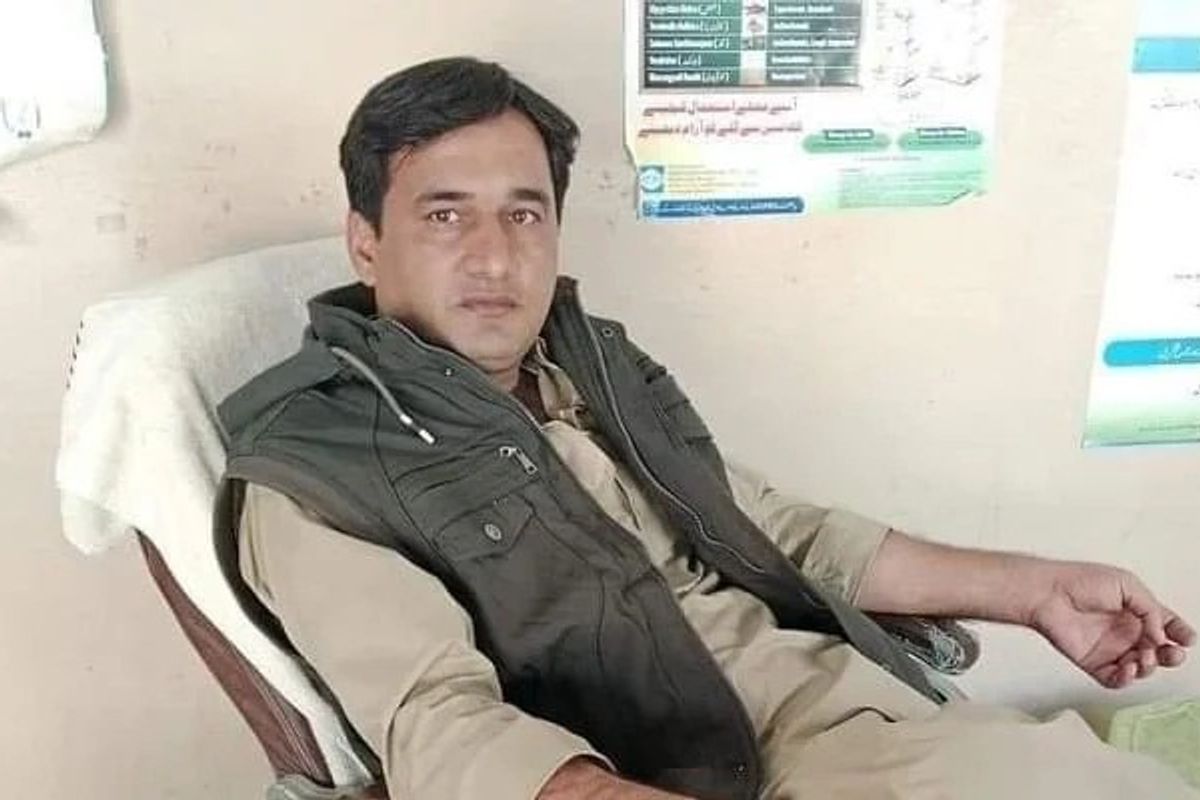
Dr Shahnawaz Kunbhar seen in this image obtained from X.
X/@MushRajpar
The case has sparked widespread outrage, with many questioning the police's version of events
Amnesty International calls for a thorough and independent investigation into the killing
Protests erupted across several cities in Sindh over the past weekend following the extrajudicial killing of Dr Shah Nawaz Kunbhar, a doctor from Umerkot accused of blasphemy.
Police shot and killed Dr Kunbhar in Mirpurkhas last week, on September 19, just a day after he was booked for allegedly posting blasphemous content on Facebook, a charge that he denied.
Dr Kunbhar had been charged under Section 295-C of the Pakistan Penal Code a day before he was killed after local religious groups staged protests demanding action.
According to reports, the doctor had fled to Karachi but was later arrested by Umerkot police and transported to Mirpurkhas. It was here that he was allegedly killed in an “encounter” with the Sindhri police, though law enforcement has denied arresting him from Karachi.
Sindhri Station House Officer (SHO) Niaz Khoso confirmed the killing but insisted the doctor opened fire first. "He, along with accomplices, shot at the police. In retaliation, we fired back, and he was killed," Khoso said. The police claim one accomplice managed to escape during the “encounter”.
However, the case has sparked widespread outrage, with many questioning the police's version of events. Dr Kunbhar had previously released a video on social media stating that his Facebook account had been hacked. “I could never imagine sharing blasphemous content,” Dr Kunbhar said in the video, denying the allegations.
This is the video of Dr. Shahnawaz (with English & Urdu Subtitles) in which he claims that he is not using the social media id which is subject of controversy and he is being accused of being a disbeliever and that he is open to investigation by the Police and FIA. Dr. Shahnawaz… pic.twitter.com/OIpYHtp8CG
— M. Jibran Nasir 🇵🇸 (@MJibranNasir) September 20, 2024
'A dedicated doctor'
His colleagues at the Umerkot District Headquarters Hospital described him as a dedicated doctor, noting that he had gone missing on September 12.
The Sindh government responded to the incident by suspending Deputy Inspector General (DIG) Javed Jiskani and Senior Superintendent of Police (SSP) Asad Ali of Mirpurkhas, along with eight other police officers. The move came after growing pressure from protestors demanding justice for Kunbhar's death.
Following the encounter, Kunbhar's body was returned to his family for burial in his native village, Janhero. However, the funeral was interrupted when a mob reportedly attempted to seize the body, forcing the family to flee.
The protests have since spread, with demonstrators in various cities of Sindh voicing their anger over the handling of the case.
In one video circulating on social media, protestors are chanting slogans in support of the late doctor. “We Sindhi people only wish for peace,” protestors can be heard saying.
Protests are being held for Dr. Shahnawaz in various cities of Sindh.
Where they are saying:
Hum sindhi log aman chahty hen. pic.twitter.com/O2HGnPs2Xs
— Azad | آزاد (@AzadAli7786) September 22, 2024
A large number of people gathered in Kunhbar's native village to offer funeral prayers. They sang at his grave, showered it with petals, and placed an Ajrak—a traditional block-printed shawl used to honor someone—over it.
سندھ کے کونے کونے سے ہزاروں افراد نے ڈاکٹر شاہنواز کے ابائی گاؤں پہنچ کر نہ فقط اس کی نماز جنازہ ادا کی بلکہ بعد نماز مذہبی انتہاپسندی اور جنونیت کے خلاف نعرے بھی بلند کئے۔
ہم سندھ کو مذہب کے نام پہ قتل و غارت کا میدان بننے نہیں دیں گے۔#blasphemy #JusticeForDrShahnawaz Sindh pic.twitter.com/9eMrjFov8B
— Yaseen Rind (@myaseenrind) September 22, 2024
They raised slogans against religious extremism and fanaticism, vowing, “We will not let Sindh become a battleground for violence in the name of religion.”
Meanwhile, Sindhoo Nawaz, an activist with the Sindh Youth Action Committee, announced a sit-in protest against Dr Kunhbar's killing, condemning the incident as a violation of justice.
Sindhoo Nawaz announced a sit-in protest against the murder of Shahnawaz Kumbhar in Umerkot. I cannot stop admiring how brave and bold she is, when even ministers like Sardar Shah are so afraid.
byu/Known-Delay-6436 inSindh
In Karachi, civil society groups and rights organizations held a demonstration outside the Karachi Press Club. They demanded a judicial inquiry into the killing, expressing distrust in any investigation led by the police. Protestors emphasized that the inquiry must be independent to uncover the truth.
Amnesty International also weighed in, calling for a "thorough, impartial, and independent" investigation into Dr Kunhbar's death as well as the killing of Abdul Ali, another blasphemy suspect, by a police constable in Quetta.
PAKISTAN: The horrific spate of extrajudicial killings of people accused of blasphemy in Pakistan highlight the government’s ongoing failure to uphold their obligation to respect and protect human rights, including the right to life, freedom of religion or belief and prohibition…
— Amnesty International South Asia, Regional Office (@amnestysasia) September 20, 2024
In a statement from Amnesty's South Asia office, the organization urged Pakistani authorities to ensure those responsible for these killings are prosecuted in transparent trials without resorting to the death penalty.


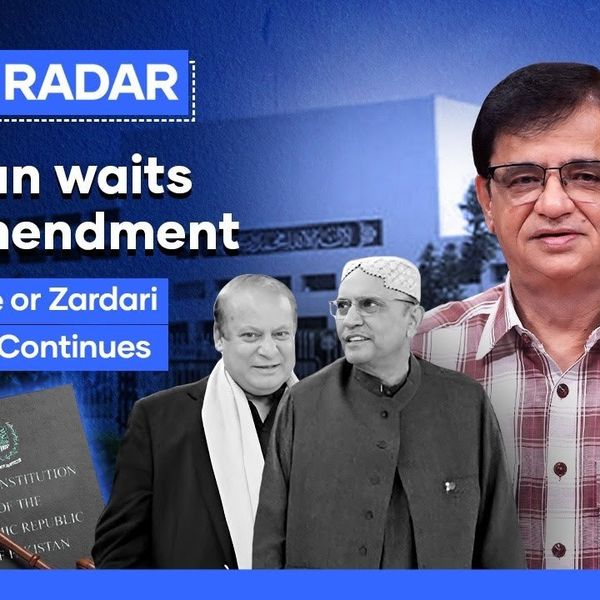

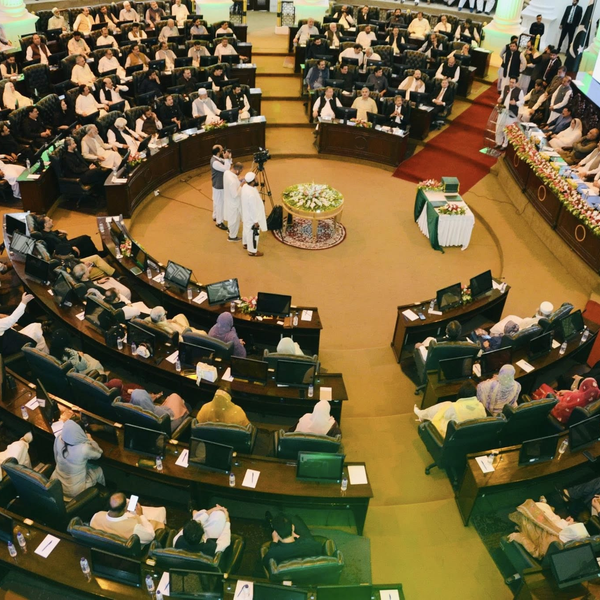
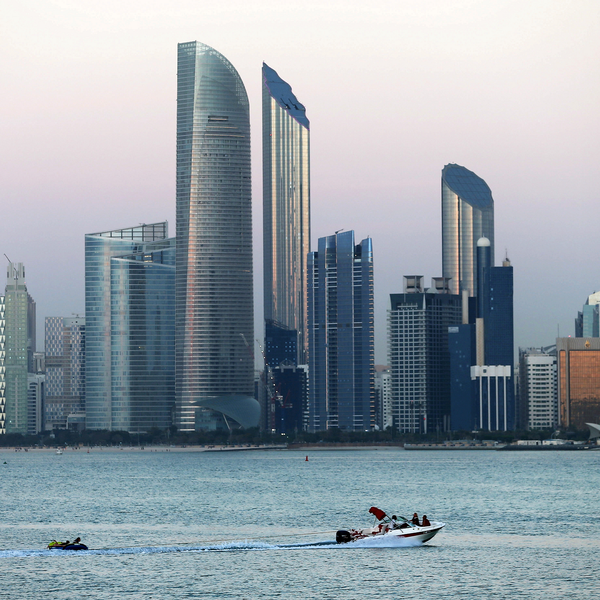
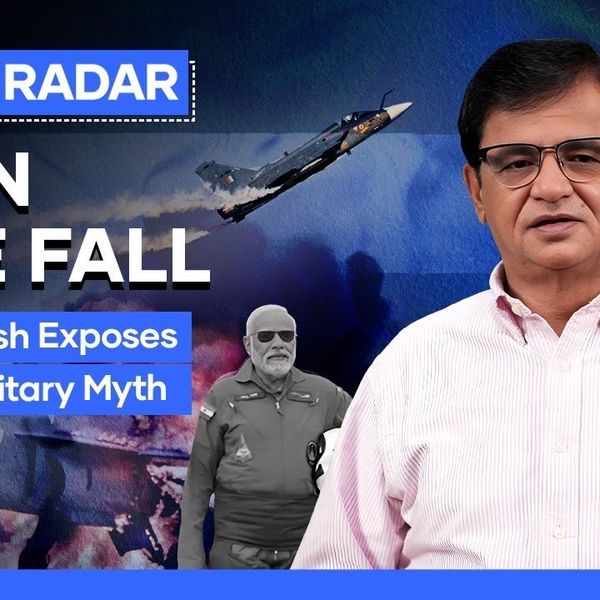

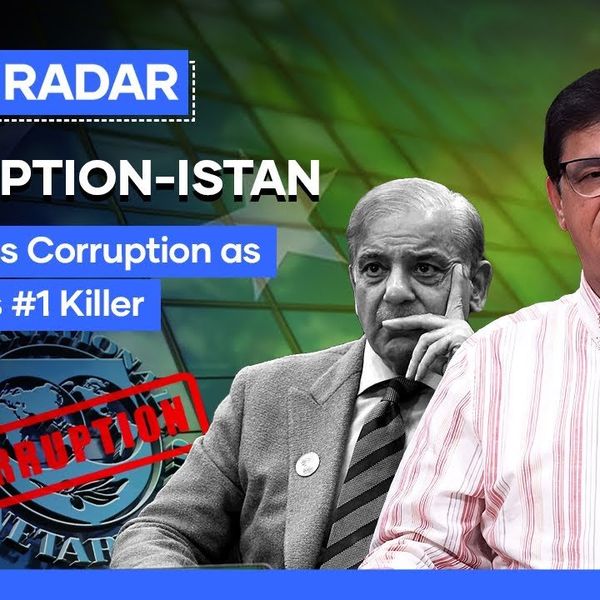

Comments
See what people are discussing